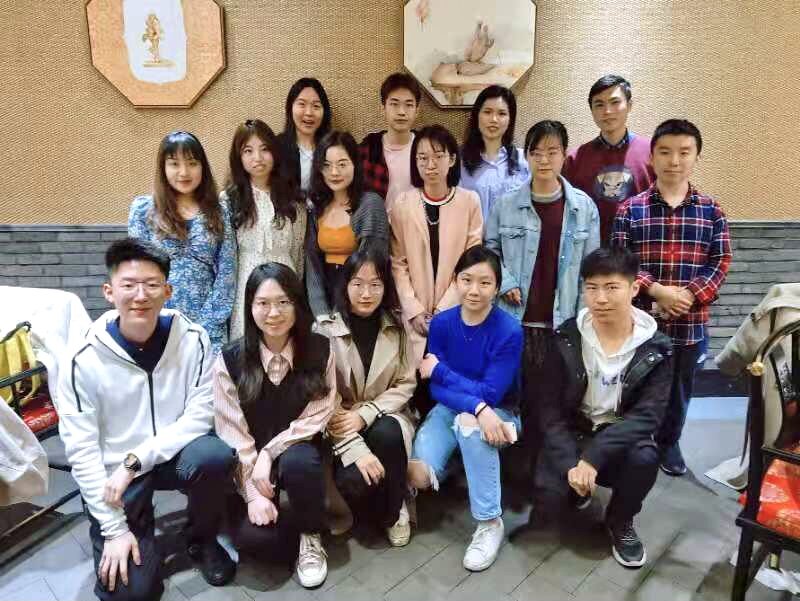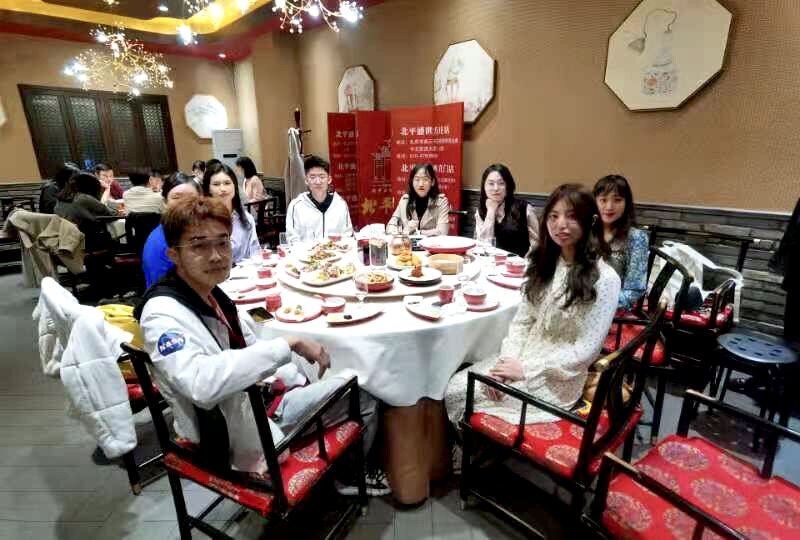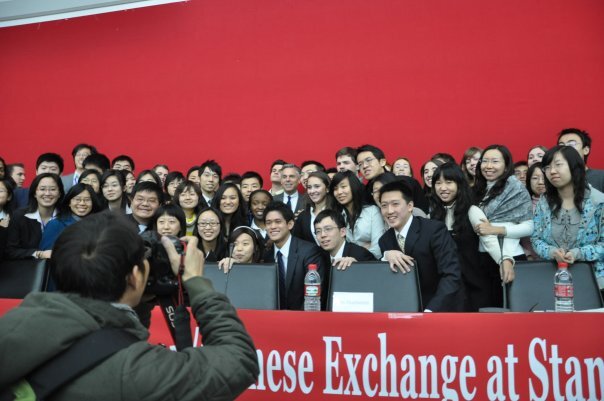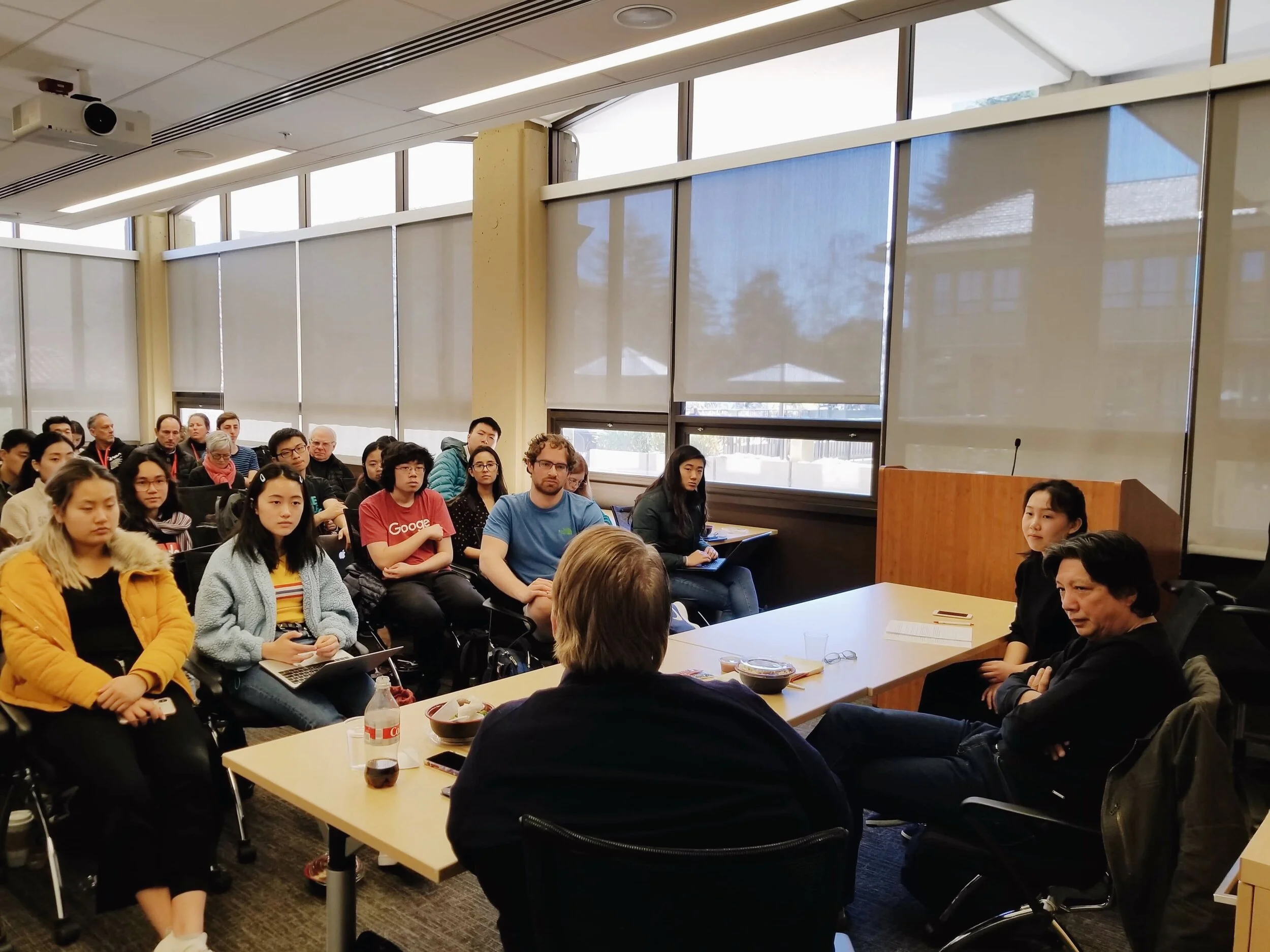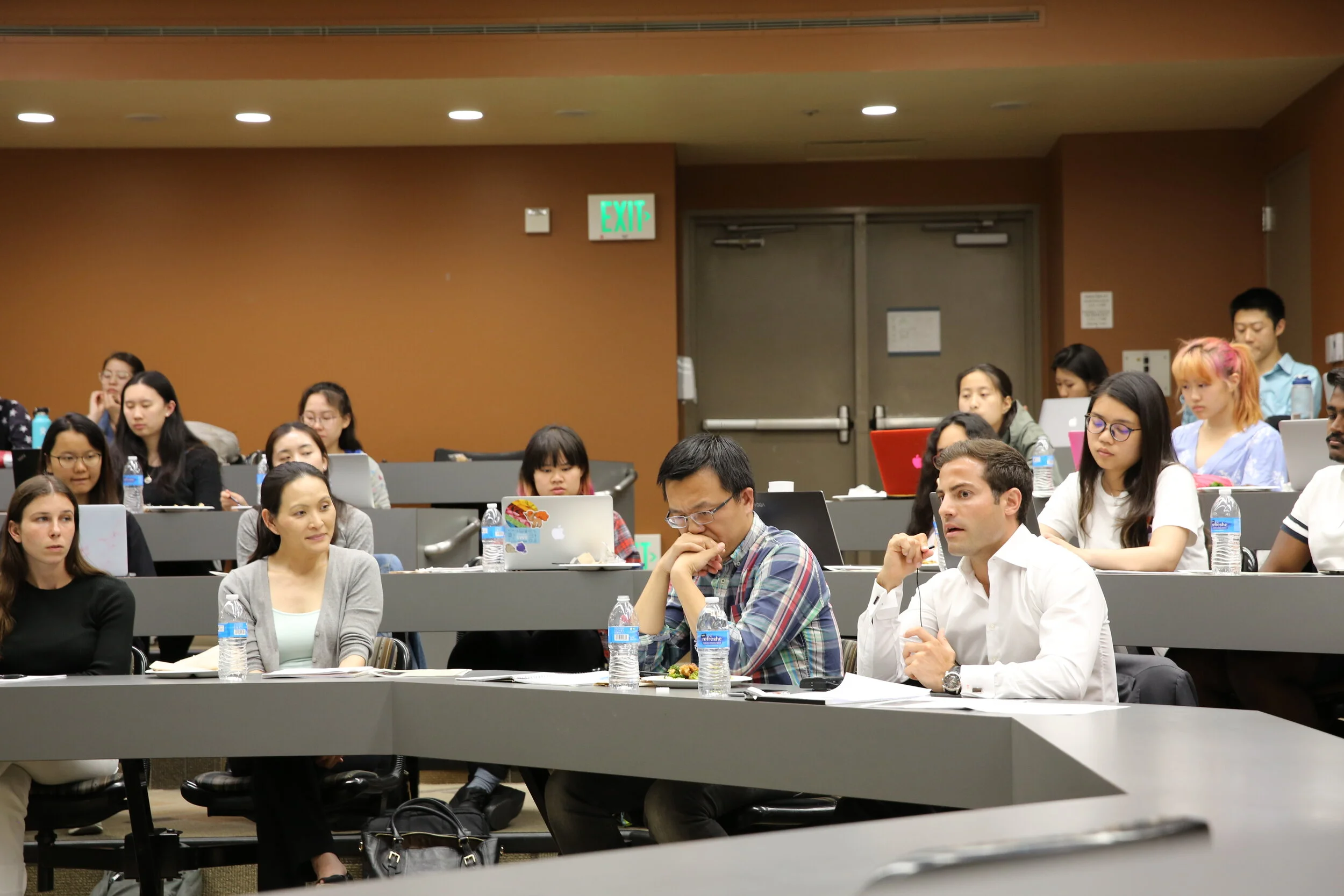welcome to the forum for american-chinese exchange at stanford
The Forum for American-Chinese Exchange at Stanford (FACES) is an international organization based at Stanford University, representing a global network in the United States and China. We have partnered with four universities in Beijing, Hangzhou, and Shanghai, and have developed an alumni community of over 800+ professionals, scholars, and leaders across the world.
We believe that the U.S.-China relationship is built by people. We believe that the mistrust and misunderstanding that divide us, as people and as nations, can be transformed through intellectual, academic, and interpersonal exchange; that we can inspire and empower a new generation to take these differences as a source of strength and creativity, and the building of the US-China relationship as their lifelong endeavor.
Every year, we select 40 promising delegates from around the world to attend our Annual Summit in Stanford and China. Applications for this year’s summit are out now! We also organize a variety of programs in both countries to facilitate cultural and educational understanding.
“This organization is playing an important role in promoting mutual understanding between the two countries’ youth.”
Letter from our advisor
Jean C. Oi is the William Haas Professor in Chinese Politics, Director of the Stanford China Program, Senior Fellow at the Freeman Spogli Institutes, and Director of Stanford Center at Peking University. She has been an advisor to FACES since its founding in 2001.
Dear FACES Community and Friends,
Having advised FACES since it was established, it has been my pleasure to watch it grow in size and stature to become the preeminent student run group dedicated to bettering U.S.-China understanding. FACES, true to its mission, has forged lasting relationships amongst the next generation of U.S.-China leaders, who will come to shape global relations between the two countries – in areas varying from politics, to technology, and business.
FACES was founded shortly after the Hainan Island spy plane incident in 2001. Since then, China has become increasingly important on the global stage. Rarely does a day go by without China-related stories in U.S. newspapers. Simultaneously, China’s relationship with the United States is being defined by new complexities. It is for this reason that the mission of FACES is so important, and has become ever more relevant. While we have made progress in the past ten plus years, both in increasing productive dialogue regarding U.S.-China relations and in facilitating the relationships that will define it, a key role remains for FACES.
Like the U.S.-China relationship, FACES, as an organization, is evolving. It is impressive to see how the current FACES leaders have worked to create new and more effective ways to foster interaction between students from China and the United States, adopting new formats and technologies. Such efforts will allow FACES to remain a crucial bridge for understanding between future leaders of the United States and China.
You should be proud of your accomplishments and continue the FACES tradition of aiming high and doing even more in the future.
Sincerely,
Jean C. Oi
FACES Statement Regarding Recent Violence against AAPI (Asian American and Pacific Islander) Communities in America
FACES was founded as a Stanford student organization with the goals to promote dialogue and foster lasting relationships among leaders in US-China affairs. These relationships are meant to further understanding of the two societies and incentivize positive and cooperative ways to tackle collective challenges. The recent wave of Anti-Asian sentiments, most wretchedly manifested in the Atlanta shootings, are a harm to these relationships and reflect how the current and historical anti-Asia rhetoric at the policymaking level have dealt real and long-lasting harm to AAPI communities.
FACES wholeheartedly condemns the rise in AAPI-related hate, and will not be on the sidelines as communities are being hurt. We are in the process of reaching out to fellow student organizations such as the A3C (Asian American Activities Center) to provide support and means to combat hate. We will also be holding internal discussions to better understand how the way we frame US-China affairs and security interests affects the treatment of Asian American communities. Finally, we will advocate for change by supporting legislation that protect the vulnerable in our AAPI-communities. See below for a list of resources.



